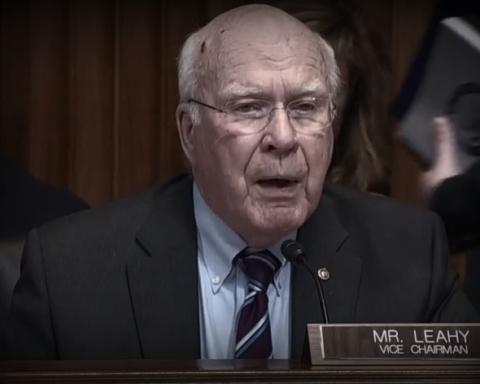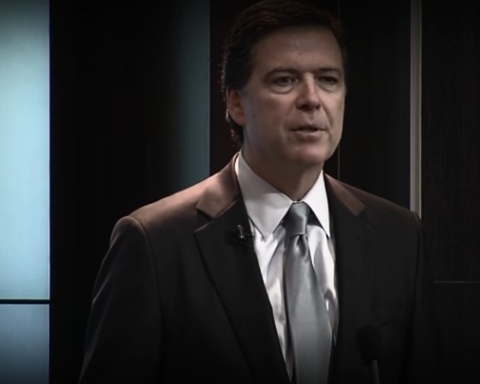The Senate voted down last-ditch attempts at muting more of the hawkish aspects of the Cyber Information Sharing Act (CISA).
The body rejected motions to pass amendments aimed at preserving personal privacy online and a key transparency law.
The final effort, in the form of an amendment proposed by Sen. Chris Coons (D-Del.),would have required the Department of Homeland Security to participate in a cross-agency effort to scrub sensitive information from private sector data received under CISA. It was rejected on Tuesday afternoon in 41-54 vote.
Republicans largely voted in the negative, as they did on all of the amendments considered Tuesday by the Senate. Sen. Dianne Feinstein (D-Calif.), a co-sponsor and leading advocate of CISA, however, also criticized the proposal, saying it would stop “parts of the government from learning about cyber-threats at machine speed.”
After the amendments were defeated, the body approved CISA in a 71-24 vote.
The House has already passed three cyber security bills this year and will take some of the proposals it has approved to a conference committee with the Senate. President Obama supports the legislation.
Of the slew of proposals that fell Tuesday morning, one, offered by Sen. Ron Wyden (D-Ore.), would have placed stricter requirements on the sort of information that tech companies can share with the government. The measure, which sought to restrict the flow of personal identifiable information to the national security state, failed by a 41-55 vote.
Another amendment, proposed from the other side of the aisle by Sen. Dean Heller (R-Nev.), would have sought to create additional protections for information “reasonably believed” by the government to be “personal identifiable.” It failed by a 47-49 margin.
A proposal by Sen. Al Franken (D-Minn.) that would have narrowed the statutory definition of “cybersecurity threat” was rejected in a 35-60 vote.
Finally, an amendment offered by Sen. Patrick Leahy (D-Vt.) that sought to repeal additional exemptions to the Freedom of Information Act proposed by CISA, fell by a 37-59 vote.
“Any amendments to this law should be considered by the Senate Judiciary Committee, which has exclusive jurisdiction–not in closed session by the Senate Intelligence Committee,” Leahy’s office said Monday.
Wyden, a CISA opponent and longtime privacy advocate–who, in 2011 warned about the existence of domestic spying programs revealed in 2013 by Edward Snowden–has described the cybersecurity legislation as a “surveillance bill.”





